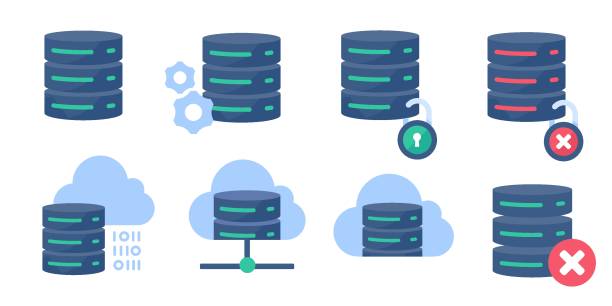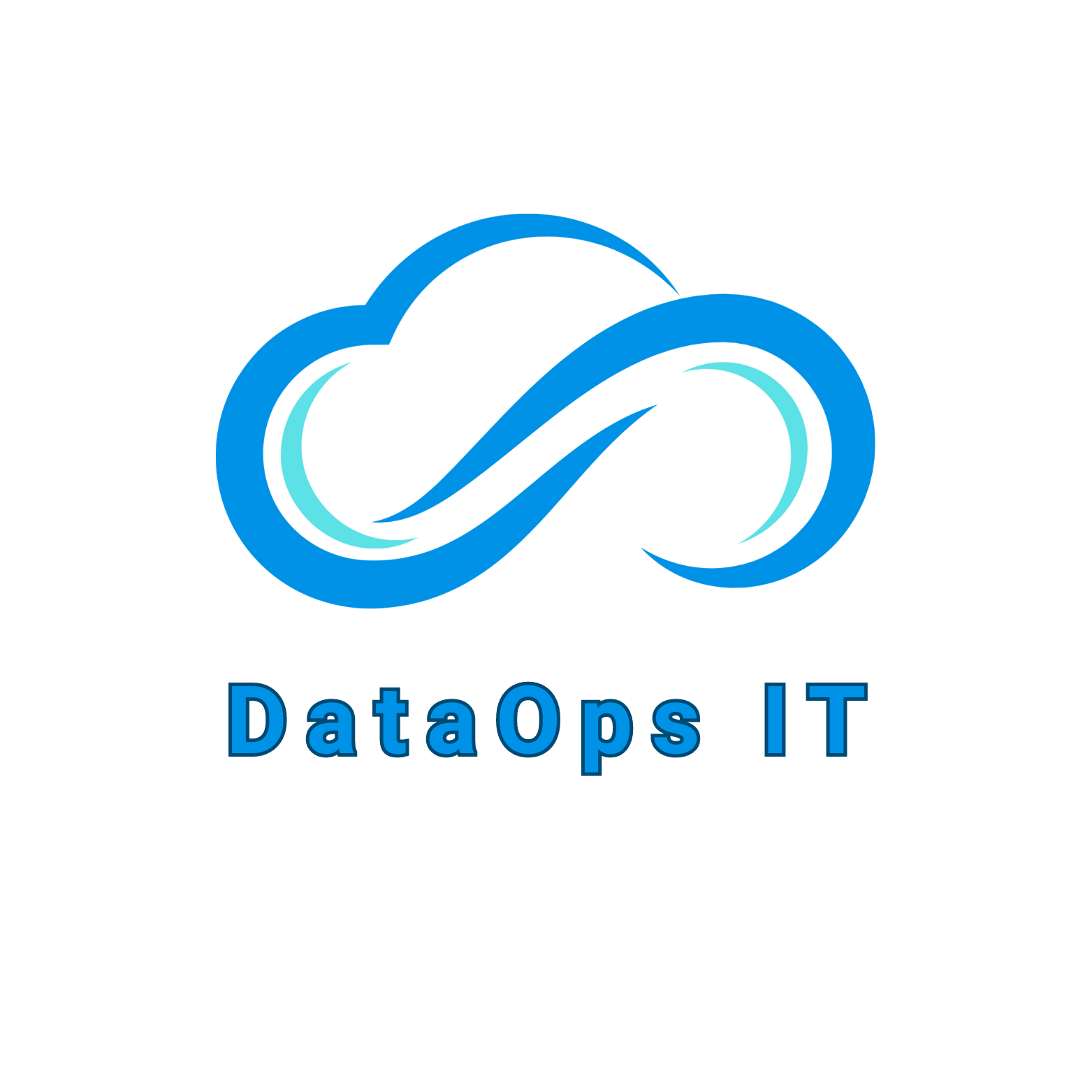Database Management Experts – DataOps IT

In today’s tech-driven world, businesses of all sizes rely on data to function—customer data, sales records, employee information, and more. But handling large amounts of data can get confusing, messy, and risky if not managed properly. That’s where Database Management Solutions come into play.
They help store, organize, protect, and access your data efficiently—so your business runs smoothly.
What Are Database Management Solutions?
Database Management Solutions are software tools that help you manage data in a structured and organized way. Instead of keeping data in spreadsheets or on paper, these solutions use databases to store the information safely.
Here’s what they do:
- Store large amounts of data
- Allow fast access and search
- Keep data secure and backed up
- Help multiple users use the same data at once
- Prevent data loss and errors
Some popular Database Management Solutions include MySQL, Oracle, Microsoft SQL Server, MongoDB, and newer cloud-based tools like Amazon RDS and Google Cloud SQL.

Why Businesses Need Database Management Solutions?
1. Easy Data Access
With the right Database Management Solution, teams can access the data they need instantly—whether it’s customer info, product inventory, or employee details.
2. Improved Data Accuracy
These solutions reduce manual entry and human errors. When data is accurate, decisions become smarter and faster.
3. Better Data Security
Modern Database Management Solutions have strong security features. They control who can view or edit the data and keep sensitive information safe from cyberattacks.
4. Data Backup and Recovery
Accidents happen. Files get deleted or systems crash. A good Database Management Solution can automatically back up your data and restore it when needed.
5. Scalable for Growth
As your business grows, so does your data. Whether you add 100 new customers or 10,000, a reliable Database Management Solution can scale with your needs.
Types of Database Management Solutions
There are different types of databases, and depending on your business, you can choose the one that fits best:
1. Relational Database Management Systems (RDBMS)
- Organizes data in tables with rows and columns
- Easy to understand and manage
- Examples: MySQL, PostgreSQL, Microsoft SQL Server
2. NoSQL Databases
- Great for large, unstructured data (like social media or IoT data)
- Flexible and fast
- Examples: MongoDB, Cassandra, Couchbase
3. Cloud-Based Database Management Solutions
- Hosted in the cloud, easy to set up and maintain
- Scalable, cost-effective, and secure
- Examples: Amazon RDS, Google Cloud SQL, Azure SQL Database

How to Choose the Right Database Management Solution
When picking the best solution for your business, consider these factors:
- Size of your data – Are you managing thousands or millions of records?
- Budget – Open-source or commercial? On-premise or cloud?
- Security needs – Do you store sensitive data like health or finance info?
- Team skills – Does your team know how to use the software?
The right Database Management Solution should fit your current needs and support your growth in the future.
Final Thoughts
Data is the backbone of every modern business. Without proper management, your valuable information can become disorganized, unsafe, or even lost. Investing in reliable Database Management Solutions ensures your data is secure, accessible, and easy to manage.
Whether you’re a startup, a growing company, or an established enterprise, the right Database Management Solution can save you time, reduce errors, and support smarter business decisions.

